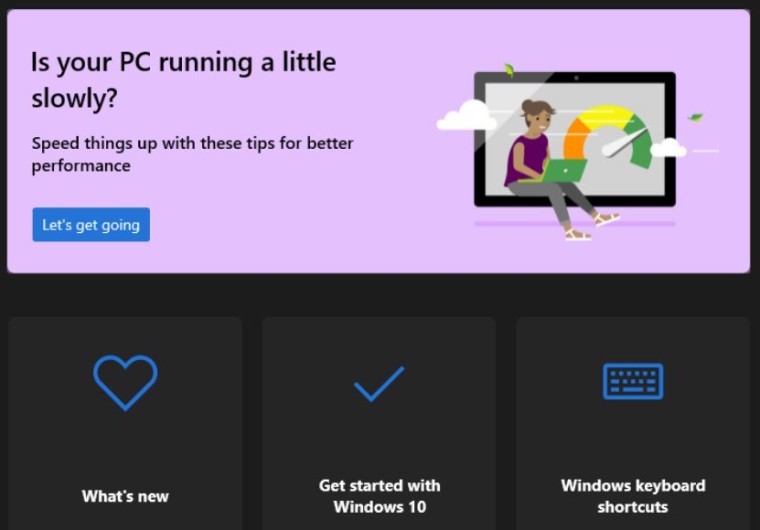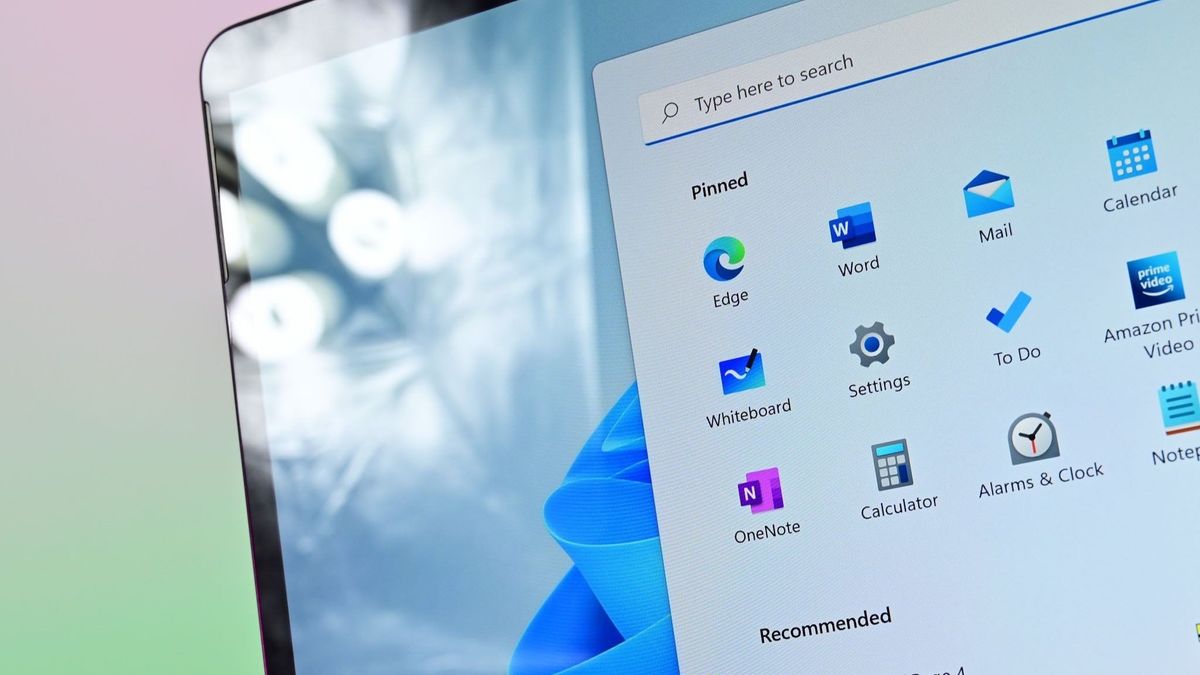Gandalf_The_Grey
Level 85
Thread author
Verified
Honorary Member
Top Poster
Content Creator
Well-known
Forum Veteran

Deprecated features in the Windows client
Review the list of features that Microsoft is no longer actively developing in Windows 10 and Windows 11.
learn.microsoft.com
Microsoft has updated the official Windows 10 and 11 documentation, detailing three new deprecated services in its client operating system, one of which dates back to the MS-DOS era. The latest deprecated components include Computer Browser, Webclient Service, and Remote Mailslots (via @XenoPanther on X).
For those unfamiliar, feature deprecation means Microsoft is no longer actively developing a specific part of the operating system. Therefore, customers should not expect new functionality or major changes. Still, those deprecated features and services may remain in Windows for some time before Microsoft removes them. For example, in September 2023, Microsoft deprecated WordPad, but the app is still available as a stock Windows application. Timeline for Microsoft Entra accounts and VBScript are also deprecated, effective October 2023.Computer Browser
The Computer Browser driver and service are deprecated. The browser (browser protocol and service) is a dated and insecure device location protocol. This protocol, service, and driver were first disabled by default in Windows 10 with the removal of the SMB1 service. For more information on Computer Browser, see MS-BRWS Common Internet File System.
Webclient (WebDAV) Service
The Webclient (WebDAV) service is deprecated. The Webclient service isn't started by default in Windows. For more information on WebDAV, see WebDAV - Win32 apps.
Remote Mailslots
Remote Mailslots are deprecated. The Remote Mailslot protocol is a dated, simple, unreliable, insecure IPC method first introduced in MS DOS. This protocol was first disabled by default in Windows 11 Insider Preview Build . For more information on Remote Mailslots, see About Mailslots and [MS-MAIL]: Remote Mailslot Protocol.

Microsoft deprecates three more Windows features
Microsoft has updated its official Windows documentation with details about three deprecated services and features: Computer Browser, Webclient (WebDAV) Service, and Remote Mailslots.
Last edited by a moderator:






